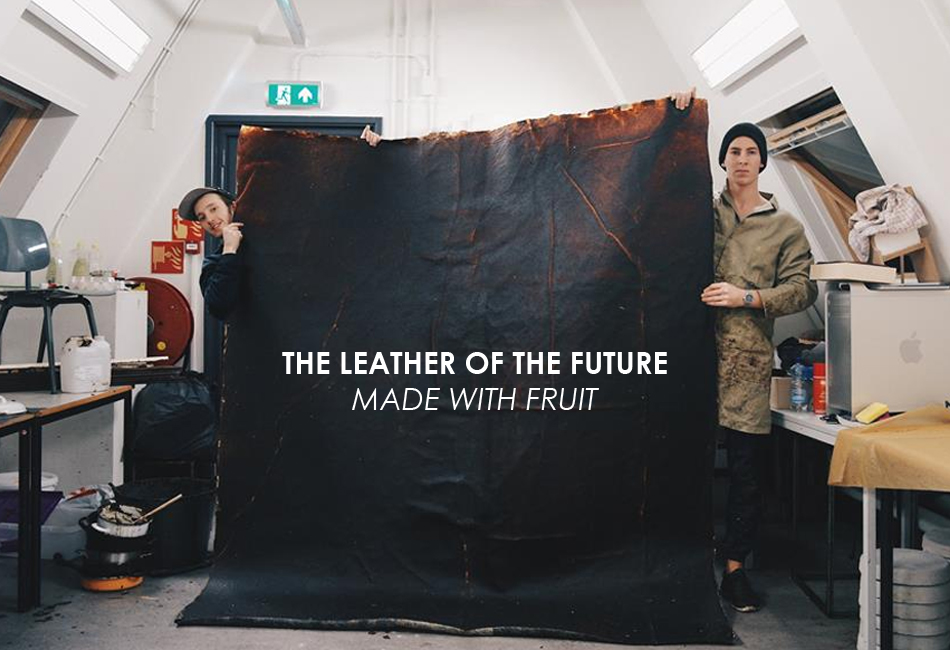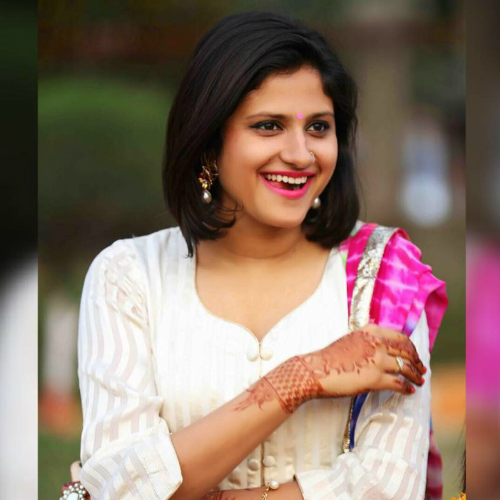Download Free Vegan Starter Kit -
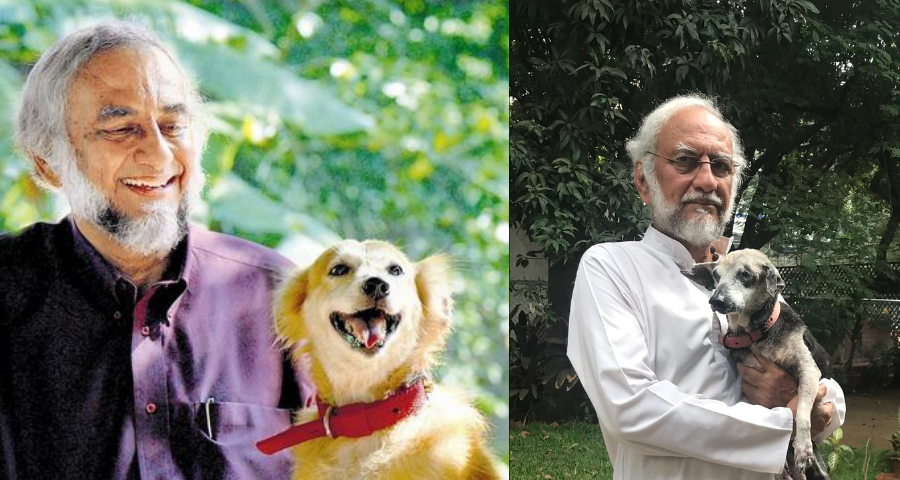
Dr. Chinny Krishna: Co-founder Blue Cross India, Brain behind Animal Birth Control Program, Vegan.
December 1st, 2022
Dr. Chinny Krishna is the co-founder of Blue Cross and his contribution to the lives of stray animals has been revolutionary. Blue Cross India and Dr. Chinny Krishna are globally recognised as the first to introduce the Animal Birth Control program for street dogs—a landmark event in world environment history.
Dr. Chinny Krishna is every bit as compassionate as one would expect but it’s his perseverance that amazed me. A pioneer in thought he followed it up with patient and consistent action, till he achieved the goal. It isn’t surprising that he has been awarded the Winsome Constance Kindness Award for 2020 and the Prani Mitra Award 2021. By the end of the interview, not only was I in awe of all he had accomplished but also humbled by his humility. Thank you Dr. Chinny Krishna, India needs more of you!
Bhavani:
Thank you so much for your time Dr. Krishna. Let’s go back to the start of your love story with animals… I read in 1959 your father, Captain Sundaram, brought home two rescued puppies? How did that change your family and your life?
Dr. Chinny Krishna:
Those two puppies were rescued from a storm water drain because they were being washed away in the floods in Madras. Shaggy and Remi were special to us but weren’t the first animals we lived with. We grew up with cats and dogs. In 1949, we had a goat that we’d rescued from the outskirts of Bangalore. We already had a baby squirrel who was very attached to my dad. He used to run around free at home even though we had cats and dogs.
Bhavani:
That must have shaped you. You co-founded the Blue Cross and soon you suggested the Animal Birth Control Program. Can you tell me about it?
Dr. Chinny Krishna
In 1964, when we just started the Blue Cross, a lady came to us and said that she had lost her dog. She heard it had been picked up by the corporation, but didn't know what to do. We knew where the dog pound was so I went there with her. I found a bunch of 50 dogs, very friendly, all of them wagging their tails. We went there just as they were about to be electrocuted.
My first thought, very sadly, was that there has to be a kinder way to kill the dogs. That got me thinking.
I began reading up about the history. We had a dog killing programme in Madras. It started 100 years earlier in the 1860s when the complaint of an aggressive dog was received, the police would go to the bazaar and shoot the dog. It was messy but possibly the kindest way to kill a rabid dog. From 1860 onwards, we couldn’t find many records about the number of dogs being killed. The Municipal Act of 1910 gave the corporation the power to protect the citizens of the city from the danger posed by animals. And the animals we're talking about weren't leopards, the danger was posed by cattle and dogs. The cattle were impounded and returned against the fine when claimed by the owners because the owners were using them for commercial purposes and wanted them back. Dogs were kept for three days in the pound and then killed by electrocution.
It disturbed me greatly.
I visited the human patients with rabies at the General Hospital where they had a separate rabies ward. A patient with rabies leaves a lifelong impression. I went back to the records. I found that while more dogs had been killed every year yet the number of recorded cases of rabies kept increasing. This meant the Corporation had failed spectacularly on both counts, neither were they controlling rabies nor the number of strays dogs.
When I was growing up the most ubiquitous sign on any public transport was an inverted triangle with the words a small family is a happy family. That was the official family planning program of the Government of India. Going from family planning to birth control for dogs was not a quantum leap in thinking. I began looking at books in the veterinary college and found that spaying of pet animals was a common thing in many countries. The only difference was that we were proposing animal control as a solution to the street dog issue.
We called it the ABC (Animal Birth Control) program to show the corporation authorities that the program was as simple as A B C. It took us 30 years plus before we could get the corporation of Chennai to officially do anything. In 1996, one commissioner came with us to the dog pound, saw the sorry state of affairs and agreed to let us test our suggestions in half the city. Five months later, when we went to our side of the city, he found every dog had a notched ear and was vaccinated. He stopped the killing overnight and converted the electrocution chamber into an ABC centre of the corporation.
From 1996 onwards, the number of rabies cases began coming down for the first time since recorded history. In 2001, it had come down from a high of 120 to about 45. By 2007, Madras had become rabies free. Now, unfortunately, because of the expansion of the city limits, we get a few isolated cases of rabies.
Bhavani:
That's amazing! Thank you so much for your persistent efforts.
Dr. Chinny Krishna:
It took us years. In 1982, WHO brought it out as their guidelines in dog population management. Once WHO recommended ABC, the rest of the India began to accept it slowly. In 2001 the Animal Welfare Board of India introduced the ABC program and it became a law which made it officially illegal to kill dogs in India.
Bhavani:
There has been seen an increase in stray dog population across India with complaints coming in from residents. What do you feel is causing that?
Dr. Chinny Krishna:
The solution is simple but the political will to implement the laws isn’t there. Animal welfare gets lowest priority possible. The government failed to run the ABC program well. They expect NGOs to step in and do it. It's very wrong as we pay our taxes for the government to try to follow the rules that they formulated. And keep the city safe from the animals by running the ABC program.
Bhavani:
I understand you’ve been a vegan for a very long time?
Dr. Chinny Krishna:
That’s not strictly true. I’ve been an almost vegan since 1964. I stopped leather, silk. Everything except an occasional few spoons of milk in my morning coffee. My wedding in 1974 was not a vegan wedding as my mother-in-law said we need to end with curd rice. She was kind to make sure there was no silk or leather.
My son has been a vegan from the time he was 13 or 14, and he's a bodybuilder. He's the one who pushed me over around 2007.
In 2007, I organised the Asia for Animals Conference in India. It was probably the first international conference and we had 300 delegates. It was also the first international conference in the country that was 100% vegan. We went to the head chef and told him we wanted vegan. He said I have meat three times a day. I don't even know how to spell vegan. My wife sat with him and explained the meals.
Bhavani
Is veganism something you want more people to follow?
Dr. Chinny Krishna:
Blue Cross as an organisation has had a lot of internal struggles. One was the use of animals in research and the other was the use of animals for food. The Blue Cross urges its members to eat with a conscience and avoid slaughterhouse products. That was the best we could do in those days. This was probably 50 years ago. The Blue Cross is not a vegan organisation but most of our members have become vegan.
Bhavani:
Once you work closely with animals, it is inevitable that you start seeing the suffering and then choose to change right?
Dr. Chinny Krishna:
It really depends. I've seen people who say that meat is the natural food of dogs. It's not the natural food of dogs, dogs are omnivores. They can live on a vegetarian diet very easily. You have to take care to make sure it's a balanced diet. The only common (domesticated) animal which is an obligate carnivore is a cat. For the simple reason, its body cannot synthesise certain amino acids. One of those amino acids is amino acid called taurine. Without taurine, they can lose their eyesight. Today taurine is available as a vegan supplement!
Bhavani:
Okay, as a pet parent who’s vegan that's good to know.
Dr. Chinny Krishna:
At Blue Cross, we have been making vegan dog and cat food. Though we’ve had some trouble with the machines lately. We use synthetic flavours, chicken and fish flavour. Dogs usually accept it but cats don't accept it well, we’re still working on it.
Bhavani:
If I can ask, why did it take you so many years, from 1964 to 2007, to go fully vegan?
Dr. Chinny Krishna:
Purely apathy? What else can I say? I'm glad my son pushed me. A human being has an infinite capacity to rationalise. I would tell myself that this milk is from a particular area/farm where animals are not artificially inseminated and things like that, but that’s just a way of giving an excuse.
Bhavani:
I read about the vegan tennis racket, what made that come about?
Dr. Chinny Krishna:
I played tennis every day of my life from 1961 onwards. The tennis racket was made of wood. It was not a single piece but layers of wood pasted together, invariably with animal glue. The strings were usually made from fibre from the sheep. I got the best quality nylon strings, aluminium body but I ran into a major problem with the handle, because leather was the only material that would absorb sweat and not slip. A terry cloth handle looked very unprofessional.
I wrote to a company in Gujarat that manufactured rexine in India. One of the directors was Vijay Merchant, the captain of the India cricket team at one time. He wrote back saying he was impressed I was trying to make a racket without any leather. All his life as a cricketer, he wished for a non-leather cricket ball. They developed rexine that was punched and it had a backing. Overall it worked well for the handle.
Bhavani
If I had to end with this last one question asking you to reflect on your life, how do you feel about your life, your achievements.
Dr. Chinny Krishna:
I'll give you one example from my factory. We have a person who supplies us with tea. He has completed many years with us. How much can he actually earn, not enough to support his expenses. As he feeds approximately 300 dogs and cats within the industrial estate every day, twice a day at least. It's only when you see all this, you realise how little you are really doing.
Bhavani:
Dr. Chinny Krishna you have truly done a lot for animals. And as I said before the interview began, a lot of my best friends, my animals friends, are all thanks to your pioneering efforts with the ABC program. It has been incredible talking to you. Thank you.
AUTHOR

trending
Be a Vegan First Informer
Send us buzzworthy news and updates
Explore
Contact Us
About Us
Stay Connected
Copyright ⓒ 2017-2023. VEGAN PASSION PRIVATE LIMITED. All Rights reserved.
For more information, please write to hello@veganfirst.com
Registered Office Address: 55, 2nd floor, lane 2, Westend Marg, Saidullajab, Near Saket Metro Station, New Delhi, Gadaipur, New Delhi South West Delhi, DL

2.png)

.png)

.png)
2.png)
2.png)
2.png)


1.png)

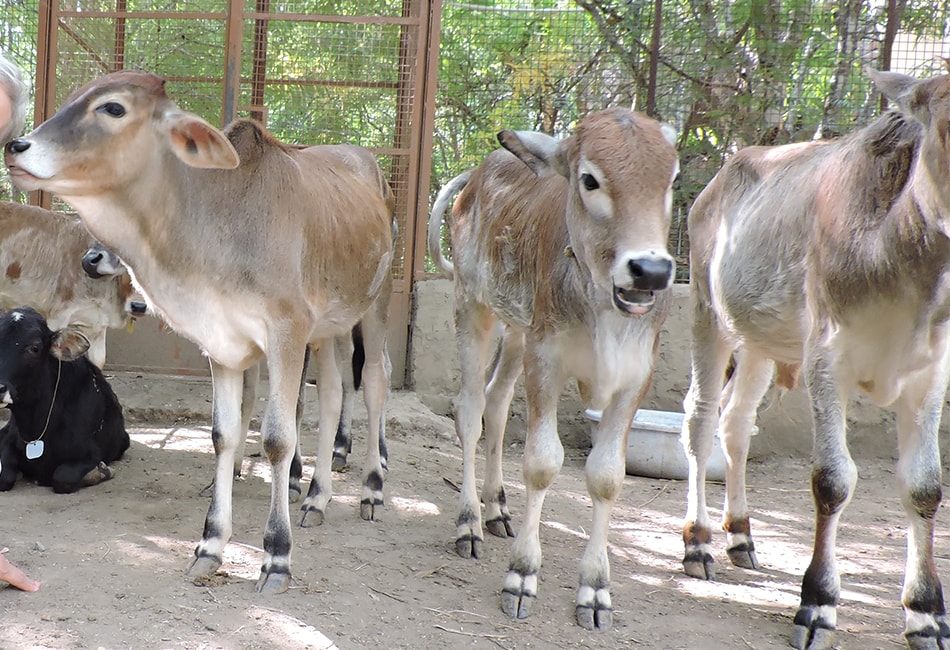
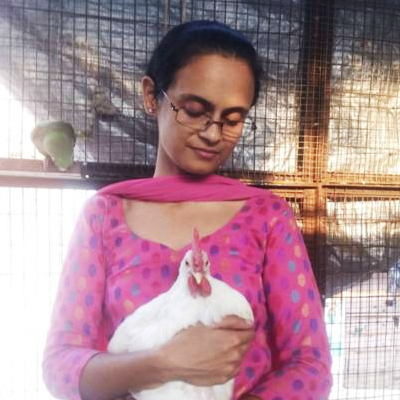

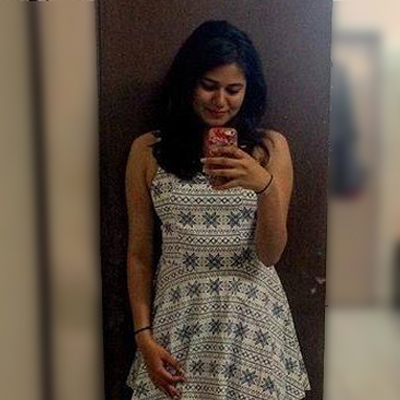

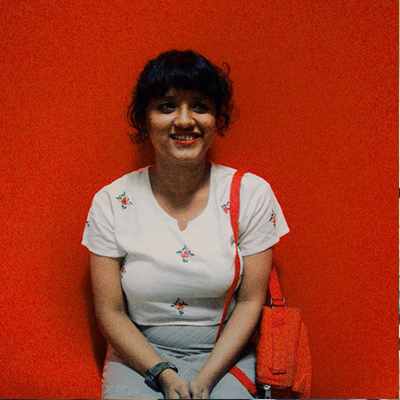
3.png)
